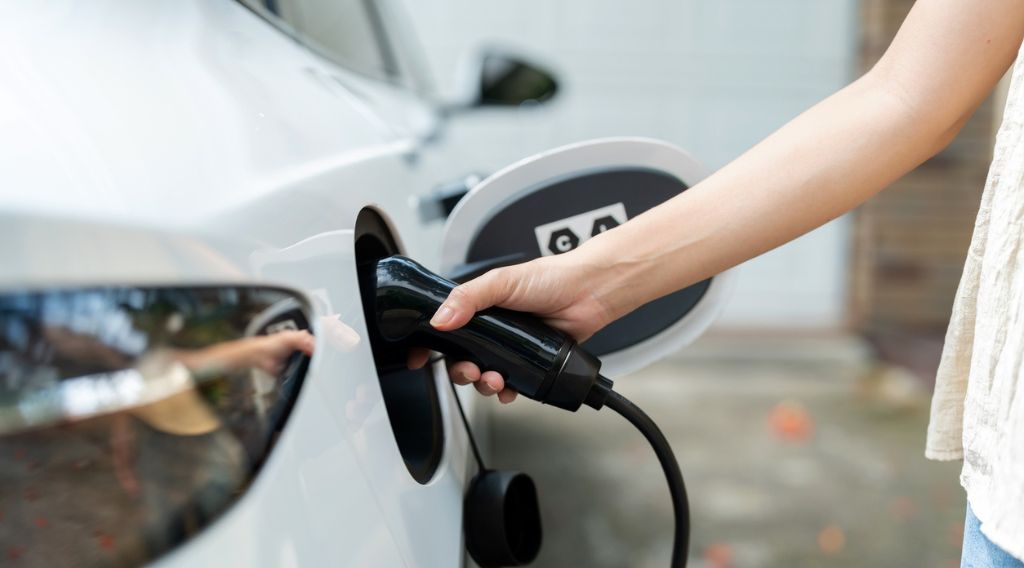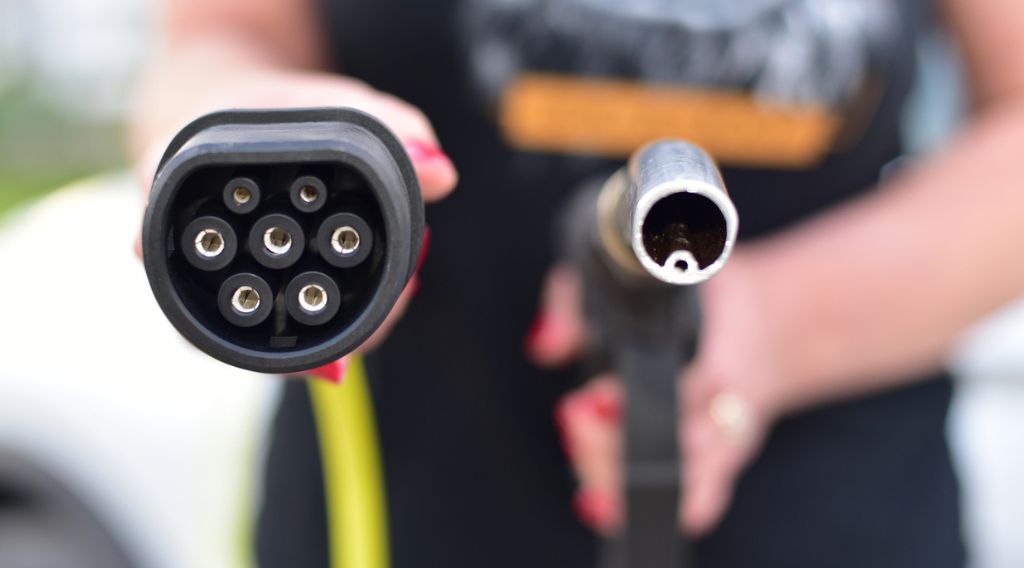 Sweden currently landfills less than 1 percent of their total solid waste. That is not a typo and yes, you did read that statistic right! Using a combination of recycling, energy recovery and biological treatment Sweden is able to successfully manage over 99 percent of their waste resources for productive use. This impressive statistic and others were revealed at a recent seminar on Sustainable Transportation held at the American Swedish Institute in Minneapolis.
Sweden currently landfills less than 1 percent of their total solid waste. That is not a typo and yes, you did read that statistic right! Using a combination of recycling, energy recovery and biological treatment Sweden is able to successfully manage over 99 percent of their waste resources for productive use. This impressive statistic and others were revealed at a recent seminar on Sustainable Transportation held at the American Swedish Institute in Minneapolis.
The seminar was a part of a “Sweden on the Road” tour organized by the Swedish Embassy in Washington D.C. The seminar was also designed to build on a Memorandum of Understanding (MOU) on bioenergy cooperation that was signed last summer by Minnesota Governor Mark Dayton during a trade mission trip to Sweden.
Sweden is a world leader in their deployment of bioenergy to meet electrical, thermal and transportation needs. See below for a link to the event agenda and view presentations from the seminar.
What is equally impressive to Sweden’s astoundingly low landfill rate is how the country utilizes these waste resources to reduce their use of fossil fuels and provide a domestic supply of renewable energy. A strong element of Sweden’s energy recovery strategy is the utilization of anaerobic digestion technology to produce biogas from a variety of organic resources.
Biogas collected from household organics, municipal sewage and agricultural resources is cleaned and upgraded to a renewable form of methane that is equivalent to conventional natural gas. Renewable natural gas is distributed through the gas grid to vehicle refueling stations. At the end of 2012 Sweden had installed over 200 public and private refueling stations for vehicle gas – a combination of renewable natural gas and conventional natural gas.
Sweden’s use of renewable natural gas for vehicle fuel displaced over 7 million gallons of fossil fuels in 2012. Sweden has been aggressive about developing biogas for use as a transportation fuel due to goals aimed at reducing oil imports and reducing greenhouse gas emissions from transportation.
Sweden’s transformation of waste management for energy recovery did not happen overnight. Sweden has been pursuing various policies, regulatory reforms, public education campaigns and infrastructure changes for several decades.
What emerged from the presentations and discussion is the importance of having a well-defined long-term strategy and the value of leadership by the public sector in moving towards more effective energy and waste management integration. Perhaps the strongest theme from the seminar was the importance of breaking down individual silos and collectively bringing together all the interests and affected sectors to develop the needed long-term strategy and execution of waste management as a source of energy production.
The seminar provided a fantastic overview and discussion of how Sweden has been implementing a more sustainable transportation system through the use of biomass, which includes waste.
After the seminar Great Plains Institute arranged a series of bilateral meetings among the members of the Swedish delegation and various local government agencies in the Minneapolis-St. Paul area. The delegation met with teams from the Metropolitan Council, the Cities of Minneapolis and St. Paul and metro county representatives from the solid waste management coordinating board. A wealth of information was exchanged during these meetings and there was agreement that Minnesota has much to learn from Sweden as we embark on efforts to improve waste management and add energy generation opportunities.
Great Plains Institute will continue to play an active role in bringing together interested parties from Minnesota and Sweden to further our cooperation agreement on bioenergy.
Policy Instruments and Best Practices from Swedish Sustainable Transport Solutions: Ludvig Lindström, Senior Advisor, Swedish Energy Agency
Biogas for Transport – a Swedish Success Story and an Area of Opportunity for Minnesota: Maria Hammar, Managing Director, KanEnergi Sweden
Biogas for Transport – a Swedish Success Story and an Area of Opportunity for Minnesota: Amanda Bilek, Government Affairs Manager, Great Plains Institute
Practical Applications for Using Biogas as a Source of Transportation Fuel: Michael Åhlman, Project Manager, Cleantech Uppsala
Practical Applications for Using Biogas as a Source of Transportation Fuel: Adam VanderBee, Fleet Sales Manager – Central Region, Volvo Trucks North America
Practical Applications for Using Biogas as a Source of Transportation Fuel: Peter Klein, Vice President of Finance, St. Paul Port Authority


